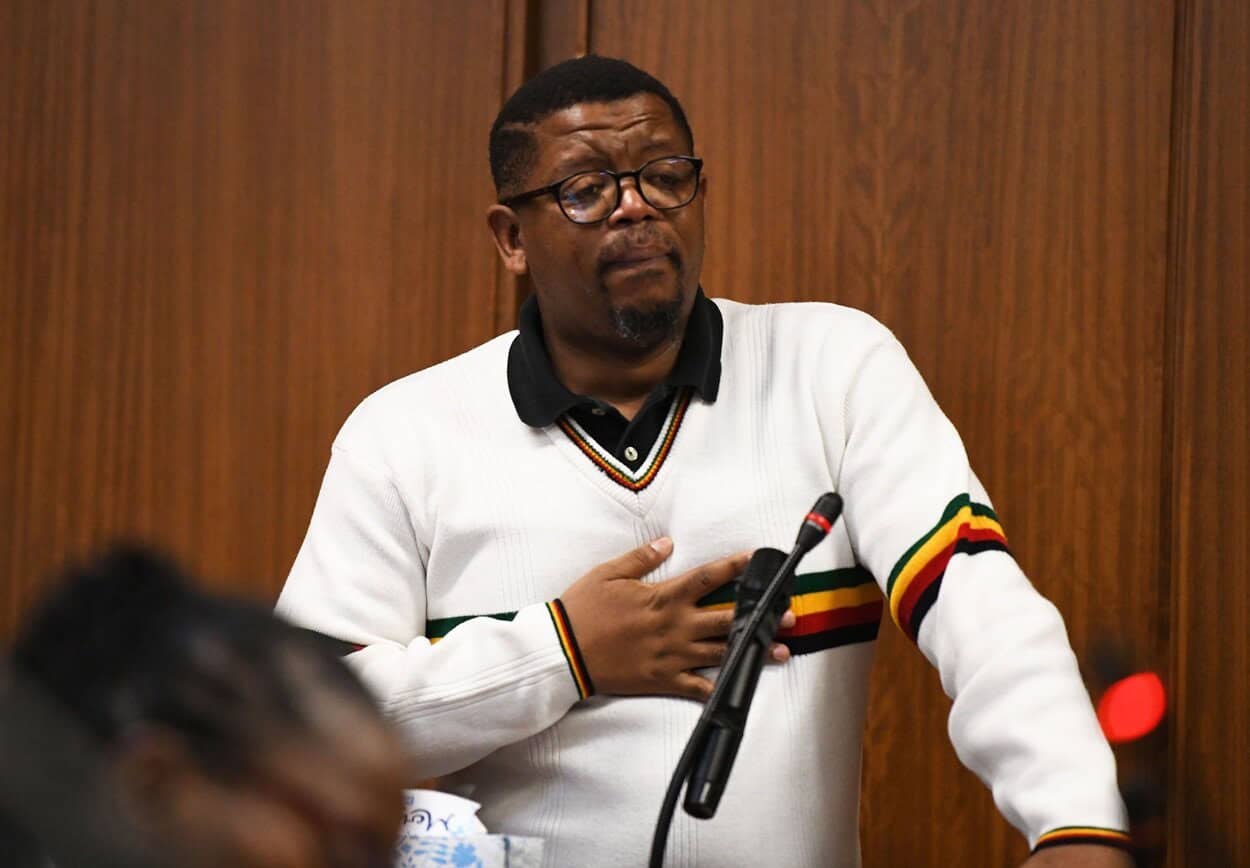Calls to forget apartheid ignore the trauma of families who never saw justice, closure or accountability for their suffering.

Many white people like to say that, when it comes to apartheid, people need to “get over it” and to “move on”.
It’s not something you should say to Lukhanyo Calata, however.
He was just a toddler when, in 1985, his father, Fort, failed to return to the family home in the Eastern Cape town of Cradock, then a hotbed of opposition to apartheid.
Calata, Matthew Goniwe, Sicelo Mhlauli and Sparrow Mkhonto were all assassinated by operatives from the then Security Police.
They were beaten and stabbed and then their bodies were burned. To this day, no-one has been brought to book for the murders.
ALSO READ: Apartheid then, apartheid now: Israel’s aggression is no different
The Truth and Reconciliation Commission found six members of a police hit squad were involved and denied them amnesty from further prosecution.
But there was no follow-up action and all six have since died.
The stories of the families of the Cradock Four are echoed around the country.
Many people who were victims of the apartheid security apparatus have no answers about who killed their relatives and, in many cases, where the bodies are.
If we are ever to have reconciliation – and true peace – we should not just get over these stories.
Support Local Journalism
Add The Citizen as a Preferred Source on Google and follow us on Google News to see more of our trusted reporting in Google News and Top Stories.






